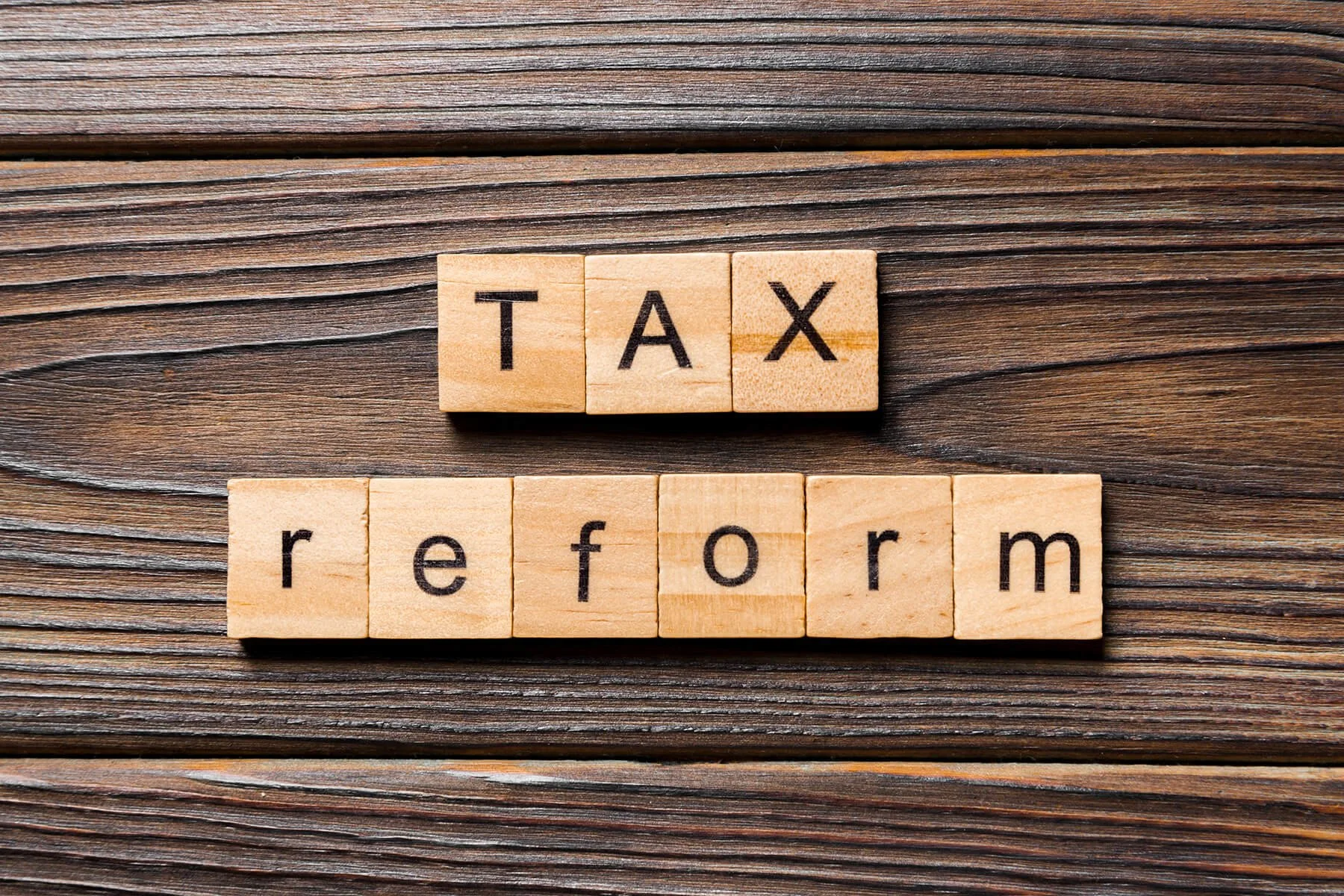Is Your Nonprofit in Jeopardy of Losing its Tax-Exempt Status?
Loss of tax-exempt status could have disastrous consequences for a 501(c)(3) charitable nonprofit. It is helpful for members of nonprofit corporations to be familiar with the importance of tax-exempt status, and situations that put a charitable nonprofit’s tax-exemption in jeopardy.
How Can a Nonprofit Lose its Tax-Exempt Status?
There are several reasons an organization’s tax-exempt status can be in jeopardy and revoked. The following are just some of the reasons an organization’s tax-exempt status may be revoked:
Failure to file federal or state tax returns for 3 consecutive years. A tax-exempt organization that does not file a required annual return or notice for three consecutive years automatically loses its tax-exempt status.
The organization is suspended by the Franchise Tax Board.
An unincorporated association or incorporated organization does not file a missing return or pay a balance due.
The organization is inactive with the California Secretary of State or the Franchise Tax Board.
The organization fails to register with the California Attorney General’s Registry of Charitable Trusts, if required, and file an annual renewal form.
The organization is no longer organized or operated for an exempt purpose.
An organization may lose its exempt status if it generates excessive income from a regularly-carried-on trade or business that is not substantially related to the organization's exempt purpose.
How Public Charities Can Lose Tax Exemption
A section 501(c)(3) organization will jeopardize its exemption if it ceases to be operated exclusively for exempt purposes. An organization will be operated exclusively for exempt purposes only if it engages primarily in activities that accomplish the exempt purposes specified in section 501(c)(3). An organization will not be so regarded if more than an insubstantial part of its activities does not further an exempt purpose. A 501(c)(3) organization:
must absolutely refrain from participating in the political campaigns of candidates for local, state, or federal office
must restrict its lobbying activities to an insubstantial part of its total activities
must ensure that its earnings do not inure to the benefit of any private shareholder or individual
must not operate for the benefit of private interests such as those of its founder, the founder's family, its shareholders or persons controlled by such interests
must not operate for the primary purpose of conducting a trade or business that is not related to its exempt purpose, such as a school's operation of a factory
may not provide commercial-type insurance as a substantial part of its activities
may not have purposes or activities that are illegal or violate fundamental public policy
must satisfy annual filing requirements (IRS Form 990 and FTB Form 199)
In addition to loss of the organization's section 501(c)(3) exempt status, activities constituting inurement may result in the imposition of penalty excise taxes on individuals benefiting from excess benefit transactions.
How 501(c)(3) Exemption Can be Revoked for Private Foundations
Like all 501(c)(3) organizations, a private foundation will jeopardize its 501(c)(3) exemption if it ceases to be operated exclusively for exempt purposes. A foundation will be operated exclusively for exempt purposes only if it engages primarily in activities that accomplish the exempt purposes specified in section 501(c)(3). A foundation will not be so regarded if more than an insubstantial part of its activities does not further an exempt purpose. Like other exempt organizations, a private foundation loses its tax-exempt status if it does not file an annual return for three consecutive years.
In addition, like all section 501(c)(3) organizations, a private foundation:
must absolutely refrain from participating in the political campaigns of candidates for local, state, or federal office and may generally not engage in substantial lobbying activities
must ensure that its earnings do not inure to the benefit of any private shareholder or individual
must not operate for the benefit of private interests such as those of its founder, the founder's family, its shareholders or persons controlled by such interests
must not operate for the primary purpose of conducting a trade or business that is not related to its exempt purpose, such as a school's operation of a factory
may not have purposes or activities that are illegal or violate fundamental public policy
Certain activities permissible for 501(c)(3) public charities give rise to excise taxes if conducted by a private foundation. For instance, lobbying activity by a private foundation, whether or not substantial, gives rise to a taxable expenditure. Transactions with a private shareholder or individual, whether or not they result in inurement of net earnings, may result in the imposition of self-dealing taxes on individuals benefiting from certain transactions with a foundation. The conduct of an unrelated business (unless a functionally related business), whether or not as the primary purpose, may give rise to a taxable excess business holding, as may other excessive ownership in a business enterprise.
Maintaining Corporate Records to Protect Tax-Exempt Status
All nonprofit corporations must keep good corporate records. These records help to preserve directors' limited personal liability and protect an organization's tax-exempt status. Good record keeping involves preparing, at the very least, annual minutes of directors' and members' meetings and documenting important corporate decisions.
The organization should organize these materials in a corporate records book, which should also contain a copy of the organization’s Articles of Incorporation, Bylaws, and tax exemption determinate letters.
What Does It Mean To Lose Tax-Exempt Status?
When a nonprofit organization loses its exempt status, it is no longer exempt from federal income tax and will have to pay corporate income tax on annual revenue going forward.
The IRS will remove the organization from IRS Publication 78, Cumulative List of Organizations described in Section 170(c) of the Internal Revenue Code of 1986, which is the official list of organizations eligible to receive tax-deductible charitable contributions.
The organization may also be subject to back taxes and penalties for failure to pay corporate income taxes, as of the effective date of revocation.
Any state tax exemptions that the nonprofit received, such as exemptions for income tax, property tax, and sales/use tax -- that are dependent on federal tax-exempt status - may also be revoked.
Donors will no longer be able to receive a tax deduction for their gifts to the organization after the revocation date.
Private foundations are unlikely to give a grant directly to nonprofits that are not tax-exempt because their guidelines normally require grantees to be recognized as tax-exempt public charities, since federal tax law imposes an excise tax on the foundation for grants made to organizations that are not tax-exempt.
Have questions about how to keep or reinstate your tax-exempt status? We can help!
If your nonprofit organization’s tax-exempt status is at risk or if your exempt status has been revoked by the California Franchise Tax Board or the Internal Revenue Service, nonprofit attorney Jonathan Grissom can help. Mr. Grissom regularly assists charitable organizations with compliance and tax-exempt organizational and operational issues, including reinstatement of tax-exempt status. If you need assistance, please contact us at the button below.










